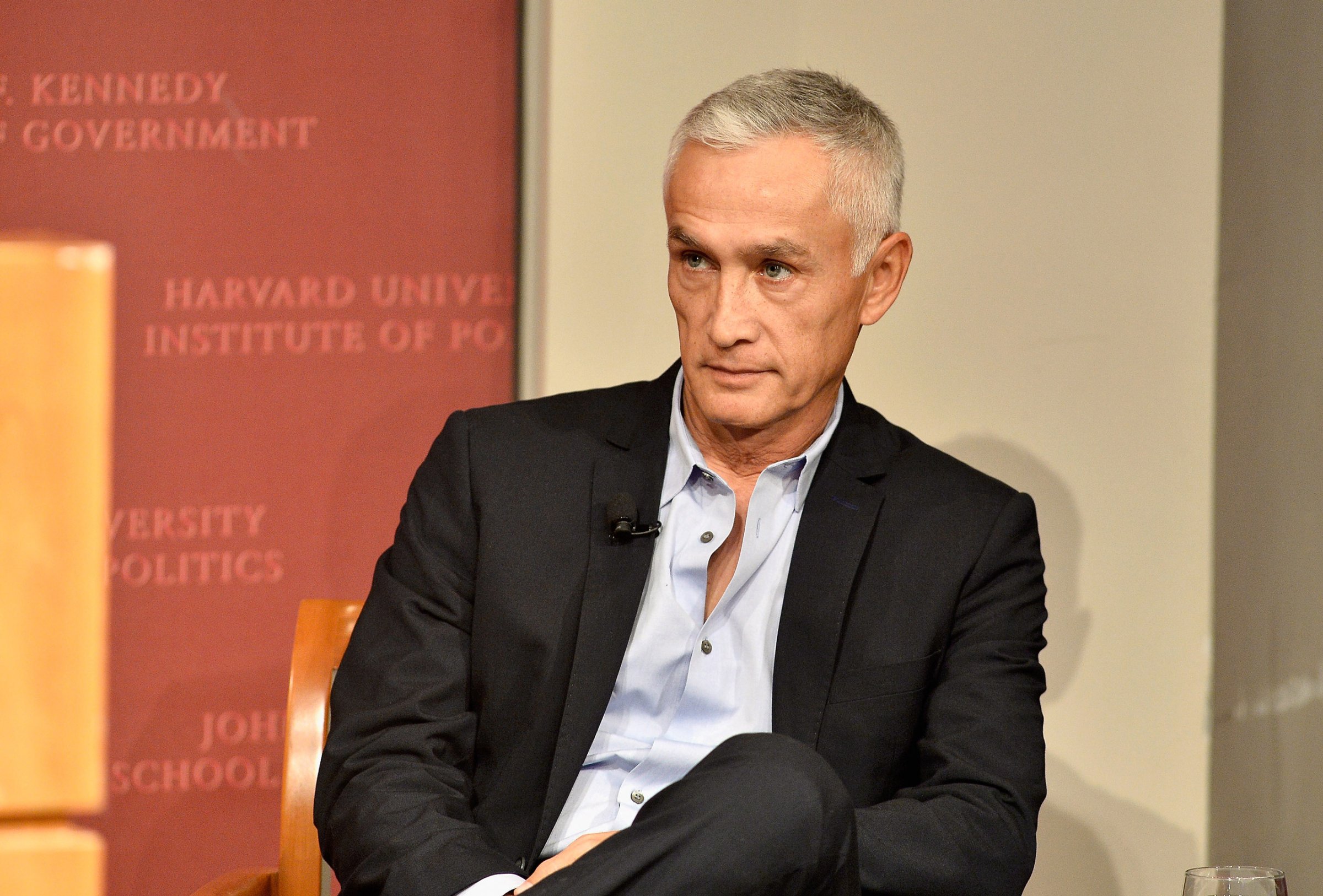
For the first time in history, not one but two Hispanic candidates—Marco Rubio and Ted Cruz—have a real chance to become President of the United States.
Latinos were supposed to be very happy and proud. But there’s no fiesta. Why?
The reason is very simple. Rubio and Cruz turned their backs on millions of immigrants and broke a long-standing tradition. For decades, many prominent Latino politicians, regardless of party affiliation, have defended undocumented immigrants. Cruz and Rubio don’t.
Both have dramatically shifted their admittedly different positions on immigration—which have helped them during the Republican primaries—and now favor incremental enforcement-first approaches. They want walls, deportations, more agents and increased screenings. A massive program of legalization is out of the question. By contrast, 89% of Hispanics want a path to citizenship for the 11 million undocumented immigrants in the U.S., according to Pew research.
The Latino disillusionment and frustration with Rubio and Cruz is palpable. Most Latinos won’t vote for either one just because of their cultural backgrounds. A little bit of solidarity, empathy and generosity with the most vulnerable—the undocumented—is a prerequisite to earn the Latino vote.
Cruz’s father and Rubio’s mother and father were born in Cuba. They both have argued that their parents came here legally. But it is difficult to understand why these two sons of immigrants have decided not to defend people like their parents. Their upbringing was defined more by their family’s rejection of the Cuban regime than by immigration concerns. Cuban nationals—called refugees or exiles—are treated with certain privileges under American law because they escaped from a brutal dictatorship. Under the Cuban Adjustment Act (the “wet foot, dry foot” policy), there’s a fast track to legal residency for Cubans who touch U.S. territory. According to U.S. Customs and Border Protection, 43,159 Cubans arrived in the U.S. last year.
Growing up in Cuban families in the U.S., Cruz and Rubio didn’t have to deal with the fears created by ICE and border-patrol agents in other immigrant communities. Their families were safe from deportation and, in contrast to the Dreamers, enjoyed all the benefits of the American educational system.
Some immigrants question—and even resent—that a different set of rules applies to Cubans when it comes to immigration. I don’t agree with those critics. The U.S. has the moral obligation to protect those fleeing dictatorships, whether in Cuba or Syria or elsewhere. The point is not to reduce the protections that Cuban expatriates deserve but to extend some of those protections to the rest of the immigrant community. That is where Cruz and Rubio could do much more. But, for many different reasons, they have decided not to.
The parallel rises of Cruz and Rubio reflect a larger trend. Latinos are going from big numbers to true power. “We have looked into the future and the future is ours,” Cesar Chavez once said. He was right.
Latinos are getting better salaries and better education. Our annual purchasing power is higher than a trillion dollars. And no one can make it to the White House without the Latino vote. That’s the new rule in politics.
Democrats have traditionally won the Hispanic vote for President. But Republicans have been more successful lately at electing Latinos to important positions: Cruz and Rubio to the Senate, and Susana Martinez and Brian Sandoval as governors of New Mexico and Nevada, respectively. Democrats claim to be the “party of diversity” although they only have one Hispanic in the Senate–Bob Menendez–and no Latino governors or presidential candidates.
Rubio or Cruz, no doubt, could be formidable opponents to the Democratic nominee. Despite their immigration rhetoric and a patent unwillingness to help the undocumented, they could easily get more than a third of the Hispanic vote. (Romney got 27% in 2012.) They are the best example of the American dream: from sons of immigrants to presidential candidates in one generation. Hispanic voters can clearly connect to their life stories and speaking even a little español doesn’t hurt.
Presidente Rubio? Presidente Cruz? Yes, either is possible. If they lose this year, they can try again in four more years. And if they lose in 2020 or in 2024, they can keep on trying. Time and demographics are on their side.
More Must-Reads from TIME
- Cybersecurity Experts Are Sounding the Alarm on DOGE
- Meet the 2025 Women of the Year
- The Harsh Truth About Disability Inclusion
- Why Do More Young Adults Have Cancer?
- Colman Domingo Leads With Radical Love
- How to Get Better at Doing Things Alone
- Michelle Zauner Stares Down the Darkness
Contact us at letters@time.com